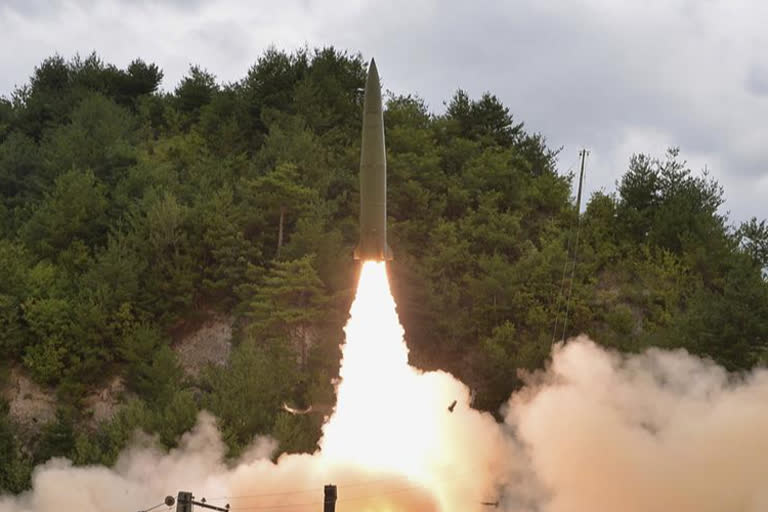New Delhi: Amid tectonic churnings in the global geopolitical scenario pivoted on an increasingly powerful China that challenges the US, and Thursday morning’s blitzkrieg attack by Russia on Ukraine, a report by the prestigious Maryland-headquartered American Physical Society (APS), has made startling conclusions on the vulnerability of the US against Inter Continental Ballistic Missiles (ICBMs).
The US has been trying to develop an effective interception system of ballistic missiles since 1957 spending well over $350 billion. The report states: “No missile defense system thus far developed has been shown to be effective against realistic ICBM threats.” The study did not even consider more advanced ICBMs that are multiple, can maneuver, or glide.
It is estimated that the explosion of even a single nuclear warhead ferried by an ICBM over a major US city would kill about 10 lakh people while about 100 sq miles would be flattened.
The report goes on to say that the challenge to intercept ballistic missiles will remain for the next 15 years: “Few of the main challenges involved in developing and deploying a reliable and effective ballistic missile defense have been solved, and that many of the hard problems we have identified are likely to remain unsolved during, and probably beyond, the 15-year time horizon we considered.”
The report focused “on the fundamental question of whether current or proposed missile defense systems could defend the continental United States against a baseline threat consisting of a single nuclear-armed ICBM launched from North Korea, or a salvo of 10 ICBMs launched in rapid succession once they are launched.”
